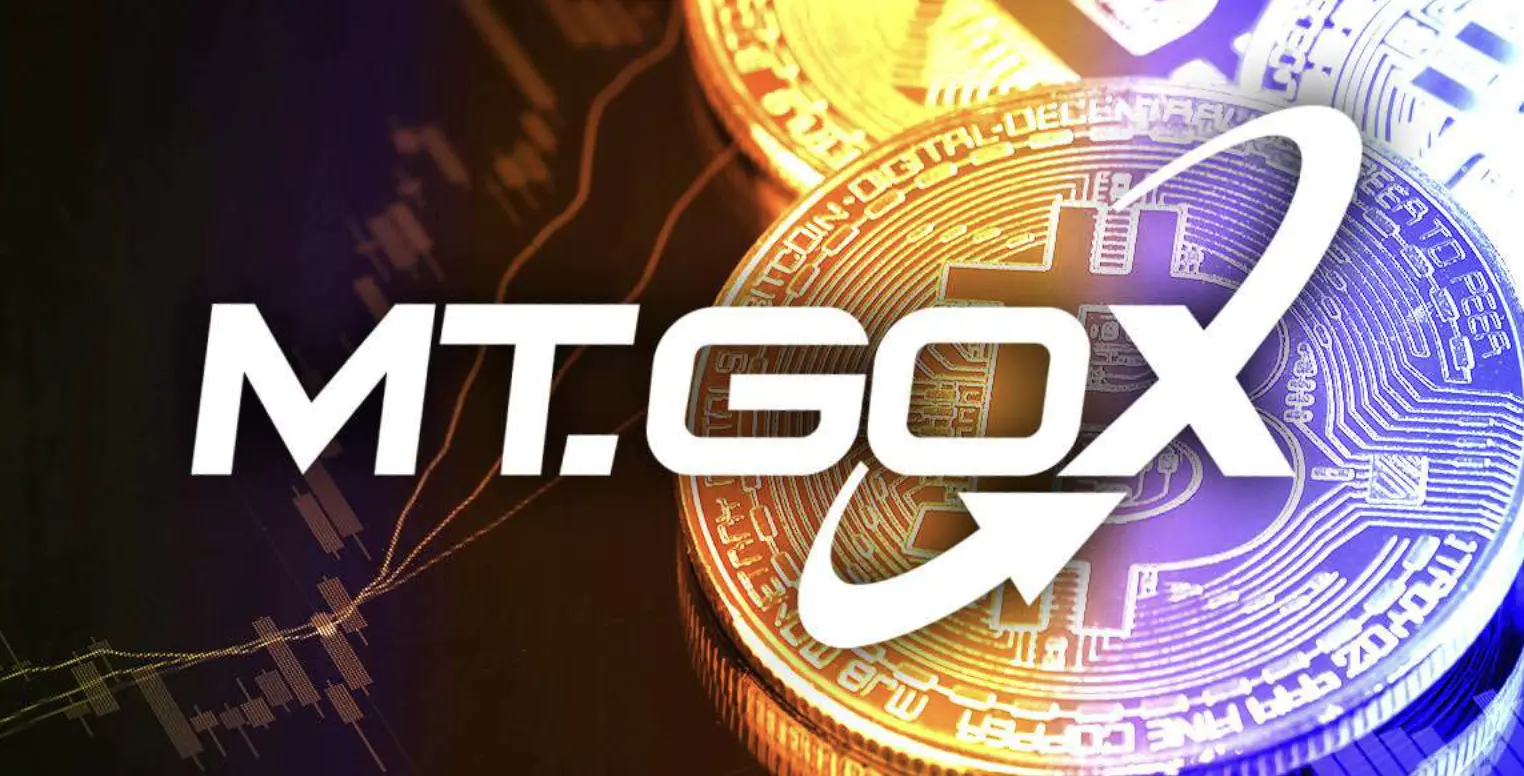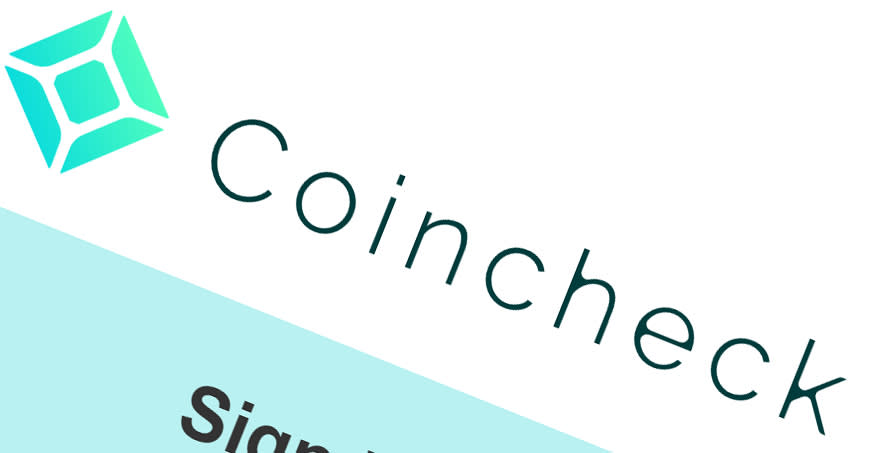In the ever-evolving landscape of cryptocurrency, security remains a top concern for investors and traders alike. The history of crypto is marred by significant breaches, underscoring the vulnerabilities within this digital realm. In this article, we explore 3 Cyber Attacks in Crypto that have left a lasting impact on the industry, revealing crucial lessons for safeguarding assets and maintaining trust in digital currencies.
Top 3 Cyber Attacks in Crypto History
The cryptocurrency market has witnessed unprecedented growth and innovation, but with this evolution has come significant risks, particularly in the form of cyber attacks.
As a blockchain expert, I believe it is crucial to analyze past incidents to understand vulnerabilities and improve security in the future. In this article, we will delve into the top three cyber attacks in cryptocurrency history: the Mt. Gox hack, the Coincheck hack, and the Poly Network hack.
Each case not only highlights security weaknesses but also serves as a lesson for both traders and developers in the crypto space.
Mt. Gox Hack (2014)
In 2014, Mt. Gox was the world’s largest Bitcoin exchange, handling approximately 70% of all Bitcoin transactions at its peak. However, it fell victim to a catastrophic cyber attack that resulted in the loss of around 850,000 Bitcoin, which at the time was valued at approximately $450 million. Today, that amount could be worth tens of billions, emphasizing the magnitude of this breach.
The Mt. Gox hack had profound implications for the cryptocurrency market. It not only led to the exchange’s bankruptcy but also significantly eroded user trust in crypto exchanges. Following this incident, the price of Bitcoin plummeted, causing a ripple effect that affected the entire market.
Lessons Learned
- Security Infrastructure: The importance of robust security measures cannot be overstated. Exchanges must implement advanced security protocols, including multi-signature wallets and regular security audits.
- Transparency: Increased transparency regarding security practices can help build trust with users. Exchanges should communicate risks and response strategies clearly.
- Regulation: The hack led to calls for regulatory oversight in the cryptocurrency sector, prompting many countries to establish frameworks to protect consumers.
Coincheck Hack (2018)
In January 2018, Coincheck, a major Japanese cryptocurrency exchange, suffered a massive hack that resulted in the theft of approximately 523 million NEM tokens, valued at around $534 million at the time. This incident is one of the largest thefts in cryptocurrency history and marked a turning point for regulatory scrutiny in Japan.
Coincheck’s hack compelled the company to reimburse affected users and significantly enhanced its security measures. The incident prompted the Japanese government to tighten regulations, leading to more stringent security standards for cryptocurrency exchanges.
Lessons Learned
- User Education: Educating users about security measures, such as using hardware wallets and enabling two-factor authentication, can reduce the risk of hacks.
- Regulatory Compliance: Exchanges must ensure compliance with local regulations to maintain user trust and security.
- Incident Response Plans: Having a comprehensive incident response plan can help exchanges quickly mitigate damage and reassure users in the event of a breach.
Poly Network Hack (2021)
In August 2021, Poly Network experienced a significant security breach, resulting in the loss of around $610 million due to a vulnerability in its smart contract. This attack is notable not just for the amount stolen but also for the unique aftermath; the attacker returned most of the funds after the incident became widely publicized.
The Poly Network hack highlighted the security vulnerabilities inherent in decentralized finance (DeFi) platforms. Although the majority of the stolen funds were returned, the incident raised awareness of the potential risks in smart contract technology and the need for improved security practices in DeFi.
Lessons Learned
- Smart Contract Audits: Comprehensive auditing of smart contracts is essential before deployment. Engaging third-party security firms can help identify vulnerabilities.
- Community Trust: The return of funds by the hacker indicated a community-oriented approach, emphasizing the importance of trust and reputation in the crypto ecosystem.
- Innovation in Security: As DeFi continues to grow, developing new security protocols and technologies will be vital to safeguard user assets.
The history of cyber attacks in the cryptocurrency space serves as a stark reminder of the vulnerabilities that exist. The Mt. Gox, Coincheck, and Poly Network hacks not only resulted in substantial financial losses but also prompted critical changes in security practices and regulatory approaches.
As we move forward in this rapidly evolving landscape, both users and developers must prioritize security, transparency, and regulatory compliance. By learning from these past incidents, we can work towards a safer, more secure cryptocurrency environment that fosters trust and encourages innovation.
To keep abreast of the latest developments in the cryptocurrency space, including security insights and market trends, make sure to follow Coinls.



